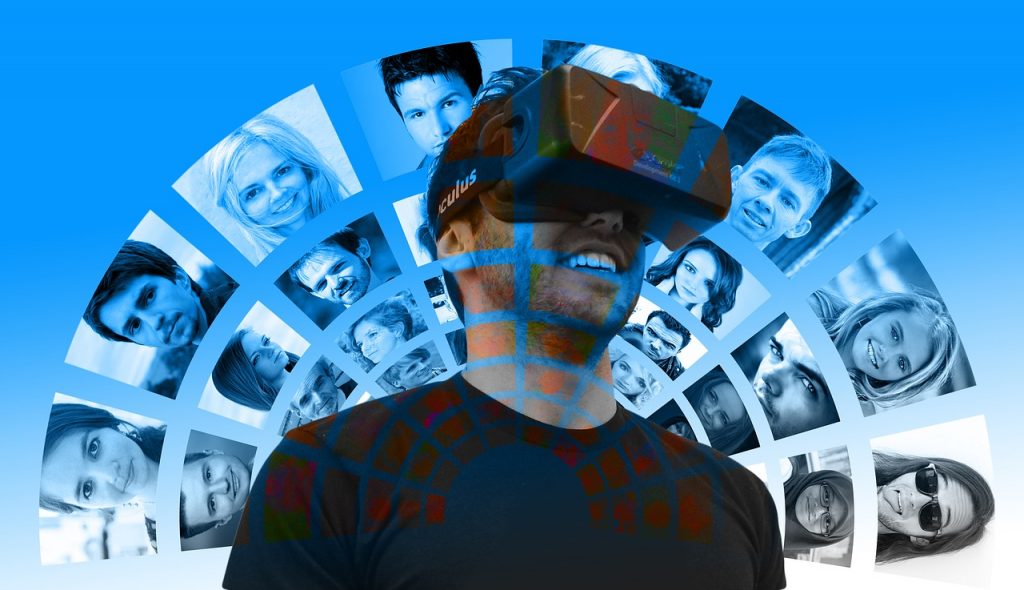Here’s How Facebook’s Metaverse Will Work
This is what a metaverse is and exactly how it will work.
This article is more than 2 years old

When Facebook announced that it was changing its name to Meta it came as a surprise to some and not to others. Many have speculated that the rebrand came largely to divert attention away from its ongoing legal troubles in an attempt to protect its interests and overall image. However, Facebook’s and now Meta’s CEO Mark Zuckerberg has asserted that the name change happened so as to better reflect his company’s evolving aspirations and to more aptly define the direction that they are looking towards in the future. Zuckerberg was largely referring to the company’s intent to build a metaverse.
Metaverse seems like such an elusive term and many have questioned what exactly a metaverse actually is. Apart from hearing the term in the context of science-fiction, there are no real-world examples to compare it to so the public can better wrap their heads around the whole concept. In an effort to provide some clarity, NPR was able to take the time to detail just what a metaverse is and how Meta, formerly Facebook, intends it to work.
The idea of a metaverse is rooted in virtual reality. It is an internet “world” that one is intended to go inside of instead of on. Essentially, a metaverse is a fully interactive 3D environment. It is meant to bring all the activities that one does online to a whole other level. For example, online shopping would become a fully immersive experience where a shopper could “physically” peruse a 3D store, effectively emulating the actual experience of walking through a retail location.

The metaverse will also serve to host social gatherings. For example, chat rooms would become actual rooms where participants are able to sit down together and use their 3D avatars to converse with others. Victoria Petrock, an analyst who follows emerging technologies described it as “…the next evolution of connectivity where all of those things start to come together in a seamless, doppelganger universe,” she continued, “so you’re living your virtual life the same way you’re living your physical life.”
Facebook intends to accomplish building the metaverse by leveraging the technology from its recent acquisition of Oculus VR. They also intend to align themselves with other like-minded companies through the use of their newly launched platform Horizon Workrooms. Once the metaverse is fully operational, Horizon Workrooms will likely be incorporated into it and serve as a global meeting space for all interested companies. Tech giants like Microsoft have already expressed their desire to be involved.
The concept of a metaverse is truly mind-bending. Its potential existence really lends itself to a plethora of questions: How good or bad will this really be for society? Is blurring the line of what is real versus what is digital dangerous? Could it affect a person’s ability to feel grounded in their waking life?
Given that society as a whole is just beginning to understand all the issues that utilizing social media could potentially inflict, is embarking on a metaverse project while the aforementioned understanding is still in its infancy a wise idea? These are all viable questions that will only see answers as the project inches closer to fruition because only then will the symptoms of its real-world influence can slowly begin to be uncovered. However, regardless of the vast uncertainties, Meta is primed and ready to move full speed ahead with its development.





